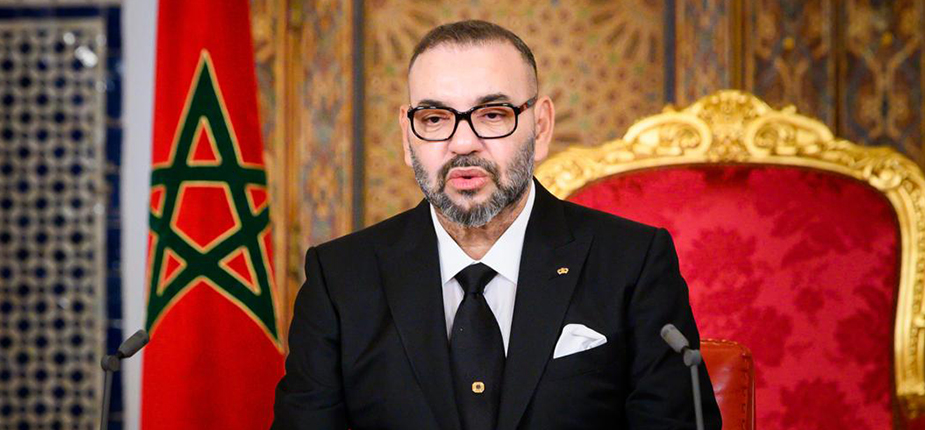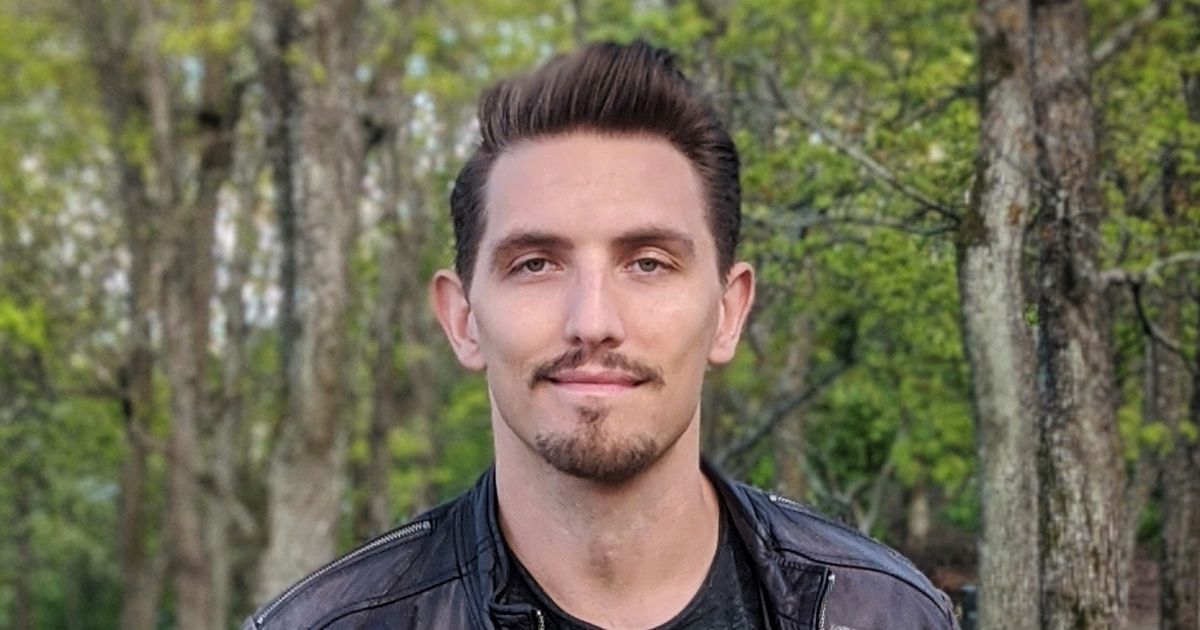(UPDATE) PRESIDENT Ferdinand Marcos Jr. has lifted the state of public health emergency nationwide, more than three years after his predecessor Rodrigo Duterte declared it because of the Covid-19 pandemic.
In a statement on Saturday announcing the President’s order, Malacañang said, however, that all emergency use authorizations (EUAs) that had been issued by the Food and Drug Administration (FDA) on the remaining vaccines will be in effect for another year.
“All prior orders, memoranda, and issuances that are effective only during the state of public health emergency shall be deemed withdrawn, revoked, or canceled and shall no longer be in effect,” the President said in Proclamation 297, which Presidential Communications Secretary Cheloy Garafil said the President signed on Friday, July 21.
In signing the proclamation, Marcos cited the continued immunization and decrease in the number of Covid-19 cases in the Philippines and the existing safety and travel protocols.
“While Covid-19 remains to be a serious concern for certain subpopulations and requires continued public health response, the country has maintained sufficient health care system capacity and low hospital bed utilization rates even after the liberalization of Covid-19 health protocols,” he said.
Get the latest news
delivered to your inbox
Sign up for The Manila Times newsletters
By signing up with an email address, I acknowledge that I have read and agree to the Terms of Service and Privacy Policy.
The President also enjoined all agencies to ensure that their policies take into consideration the lifting of the state of public health emergency and to amend existing or promulgate new issuances, as may be appropriate.
Duterte issued Proclamation 922, declaring a state of public health emergency all over the country amid the onset of the Covid-19 pandemic in March 2020.
Proclamation 922 also stated that the public health emergency declaration would remain in force until lifted or withdrawn by the President.
The succeeding Executive Order 121 (s. 2020) authorized the FDA to issue EUAs for Covid-19 vaccines, which shall be valid only within the duration of the declared public health emergency.
In May, the International Health Regulations Emergency Committee of the World Health Organization (WHO) highlighted the decreasing trend in Covid-19 deaths, the decline in Covid-19-related hospitalizations and intensive care unit admissions, and the high levels of population immunity to SARS-CoV-2.
WHO Director-General Tedros Adhanom Ghebreyesus also concurred with the advice offered by the said committee regarding the ongoing Covid-19 pandemic and determined that Covid-19 is now an established and ongoing health issue, which no longer constitutes a public health emergency of international concern, and advised the transition to its long-term management.
The WHO first declared the so-called public health emergency of international concern over the crisis on Jan. 30, 2020, weeks after the mysterious new viral disease was first detected in China and when fewer than 100 cases and no deaths had been reported outside that country.
As of July 20, the Philippines currently has a Covid-19 caseload of 4,170,829, with 5,431 active infections, 4,098,863 recoveries and 66,535 deaths.
‘Positive step forward’
Health Secretary Teodoro Herbosa said the lifting of the state of public health emergency was a “positive step forward” for the country.
In a statement on Saturday, Herbosa said that he agreed with the declaration, as the current conditions no longer necessitate the continuation of the public health emergency status.
He also said that the Inter-Agency Task Force for the Management of Emerging Infectious Diseases (IATF-EID) will convene for a final meeting to affirm the order.
Herbosa said a “comprehensive” final report will also be prepared, which will cite the “resilience, heroism and dedication” of the IATF, medical frontliners, and the entire government in combating the challenges posed by the pandemic and in “safeguarding public health, which has been instrumental in reaching this critical milestone.”
Despite the lifting of the public health emergency, Herbosa advised the public to remain vigilant and proactive in their approach to health and safety.
“Continued awareness and adherence to recommended health protocols are paramount to safeguarding ourselves and our communities from any potential health risks,” he said.
Meanwhile, OCTA Research senior fellow Dr. Guido David said in a text message to The Manila Times that the lifting of the public health emergency has been “expected,” given the current state of Covid-19 across the country and the rest of the world.
Dr. Anthony Leachon, cardiologist and health advocate, said he was “happy with the lifting of the state of public health emergency so we can move forward to claim back our lives. This is the time to be positive and optimistic about our future.”
He, however, said that the government should be ready to adapt to episodic surges from Covid-19 subvariants by following existing protocols and planning for expanded vaccinations and boosters with the bivalent vaccines.
Dr. Rontgene Solante, an infectious disease expert and Philippine College of Physicians president, added that the continued decrease in cases, low health care utilization and mortality rates, and high vaccination rates among targeted populations are among the reasons why the current global situation does not constitute a public health emergency.
“The available antiviral treatment [also] continues to be effective in the prevention of severe cases among high-risk vulnerable populations, even against new Omicron variants,” Solante added.
Note: This article have been indexed to our site. We do not claim legitimacy, ownership or copyright of any of the content above. To see the article at original source Click Here













